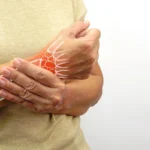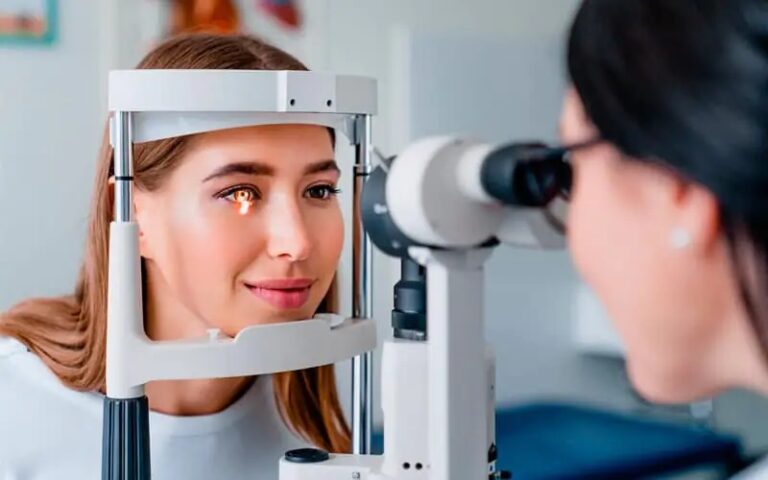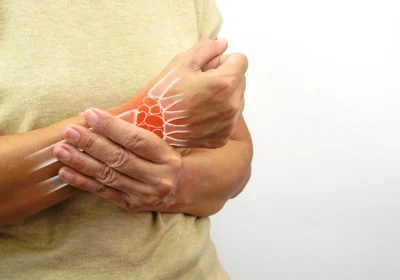
Reboot Your Health: How a Gut Healing Diet Transforms Your Body from the Inside Out
Constant fatigue, digestive problems, skin outbreaks, irrational emotional outbursts – even happy faces can sometimes have this kind of problem, which results from an unsatisfactory small intestine. More than just a food processor, your digestive system is the portal to all total health; a gut healing diet can restore balance, fight inflammation, and revitalize your body as never before.
The Gut’s Role in Overall Health
Your gut is your linchpin. It does more than process food it:
- Absorbs vital nutrients
- Keeps the immune system humming
- Balances hormones
- Even influences mental clarity and mood
Harmful substances can leak into your bloodstream and damage many of the body’s systems when your gut lining is compromised. This disorder, which is often referred to as “leaky gut,” can result in persistent inflammation and illness for a protracted period of time.
There are ordinary people suffering from these kinds of problems of one degree or another, all deeply related to the health of their intestines.
Common signs your gut needs healing:
- Bloating, gas, or irregular bowel movements
- Brain fog and forgetfulness
- Occasional acute anxiety, irritability, or mood swings
- Skin problems, for example rashes or acne
- Chronic fatigue and stiff joints
Core Principles of a Gut Healing Diet
Start by changing what’s on your plate if your gut needs healing and then keep those alterations coming. The right foods soothe inflammation and build your intestinal wall.
Food sources that you must include in your regimen:
- Anti-inflammatory foods like kale, turmeric, sardines, and blackberries
- Collagen-rich sources like bone broth or slow-cooked meats
- Probiotic-rich foods such as kefir, yogurt, kimchi, and miso
- Prebiotics such as onion garlic asparagus leek
- Ghee, olive oil, and coconut oil are examples of types of healthy fats
Your meal will not only benefit you, but it will also nourish your gut bugs and renew your gut wall.
What to Avoid While Healing
Some foods are more harmful than good if your gut is damaged. You’ll have to cut out these irritants which inhibit the chance of rest.
Food to eliminate:
- Processed snacks and ready-to-eat meals
- Refined sugars and artificial sweeteners
- Gluten and dairy products (pay special attention if you have a sensitivity to these foods)
- All caffeine and excessive alcohol
Try an exclusion diet for a few weeks before you check on those items which make your symptoms a lot worse.
Support Your Gut Beyond the Plate
Healing cannot rely only on food. Lifestyle choices also play a key part in wellbeing.
Healthy habits include the following:
- Deep sleep: Try to get 7–9 hours each night, to allow for a natural rest
- Stress control: Use breathing techniques, journal writing, and yoga
- Gentle exercise: Walking, swimming, or cycling can promote digestion
- Hydration: Drinking water detoxifies your internal system and keeps it running smoothly
Final Thoughts: Build Health from the Ground Up
True health doesn’t come from a magic pill but from day-to-day decisions. A gut healing diet provides this foundation, but the pillars that hold it up are sleep, movement, and stress management. It’s the little steps that count. Your gut (and the rest of your body) still thanks you.
Gradually these habits turn into your new way of life, not just things to try for a little while. Recuperation is not a destination but rather a journey; you should rejoice in each and every minor triumph that comes your way. The kinder you are to your gut, the more powerful and lively you will feel each and every day.


















